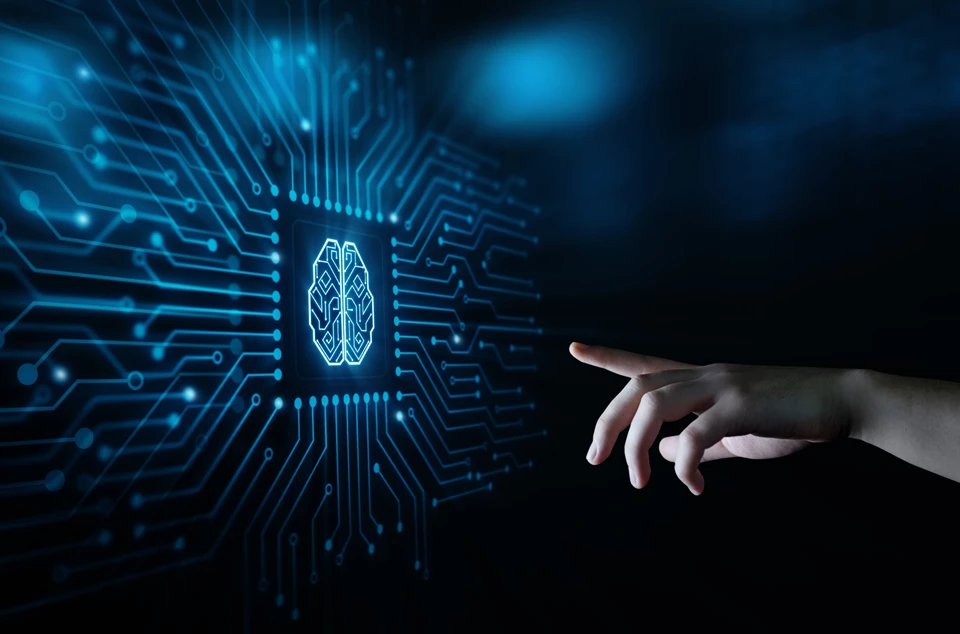



The AI&DS (Artificial Intelligence & Data Science) program in B.Tech under Kerala Technological University (KTU) focuses on developing students' skills in machine learning, deep learning, data analytics, and AI technologies. The curriculum integrates programming, mathematics, and data handling with core AI techniques. Students learn how to build AI models, analyze large datasets, and apply AI to solve real-world problems across various industries, including healthcare, finance, and more. The course also emphasizes practical experience through labs, projects, and internships..The AI&DS program emphasizes interdisciplinary learning, integrating concepts from computer science, mathematics, and domain-specific knowledge to address complex challenges. Students gain exposure to cutting-edge AI tools, cloud computing, big data frameworks, and ethical AI practices. The course nurtures critical thinking and problem-solving abilities, preparing students to contribute to the AI-driven digital transformation in industries such as autonomous systems, smart cities, and personalized education. Graduates will possess the ability to develop intelligent systems, optimize decision-making processes, and contribute to technological advancements in a responsible and impactful manner.
Technical Expertise: Graduates will possess a deep understanding of AI and data science principles, enabling them to solve complex problems and advance in their careers or further studies.
Professional Skills: Graduates will demonstrate strong analytical, problem-solving, and ethical skills, preparing them to meet industry demands and contribute responsibly to the field.
Innovation and Leadership: Graduates will be equipped to drive innovation and lead projects in AI and data science, leveraging their knowledge to make impactful contributions across various industries.
AI Model Development: Students will be proficient in designing, developing, and deploying machine learning and deep learning models to solve real-world problems across different domains.
Data Analytics and Visualization: Students will have the ability to analyze large datasets, apply statistical techniques, and create visualizations to extract meaningful insights and support data-driven decision-making.
AI Applications and Ethical Practices: Students will be skilled in applying AI technologies to various industries while adhering to ethical guidelines and addressing societal impacts, ensuring responsible and impactful use of AI solutions.
2019 Scheme
2024 Scheme